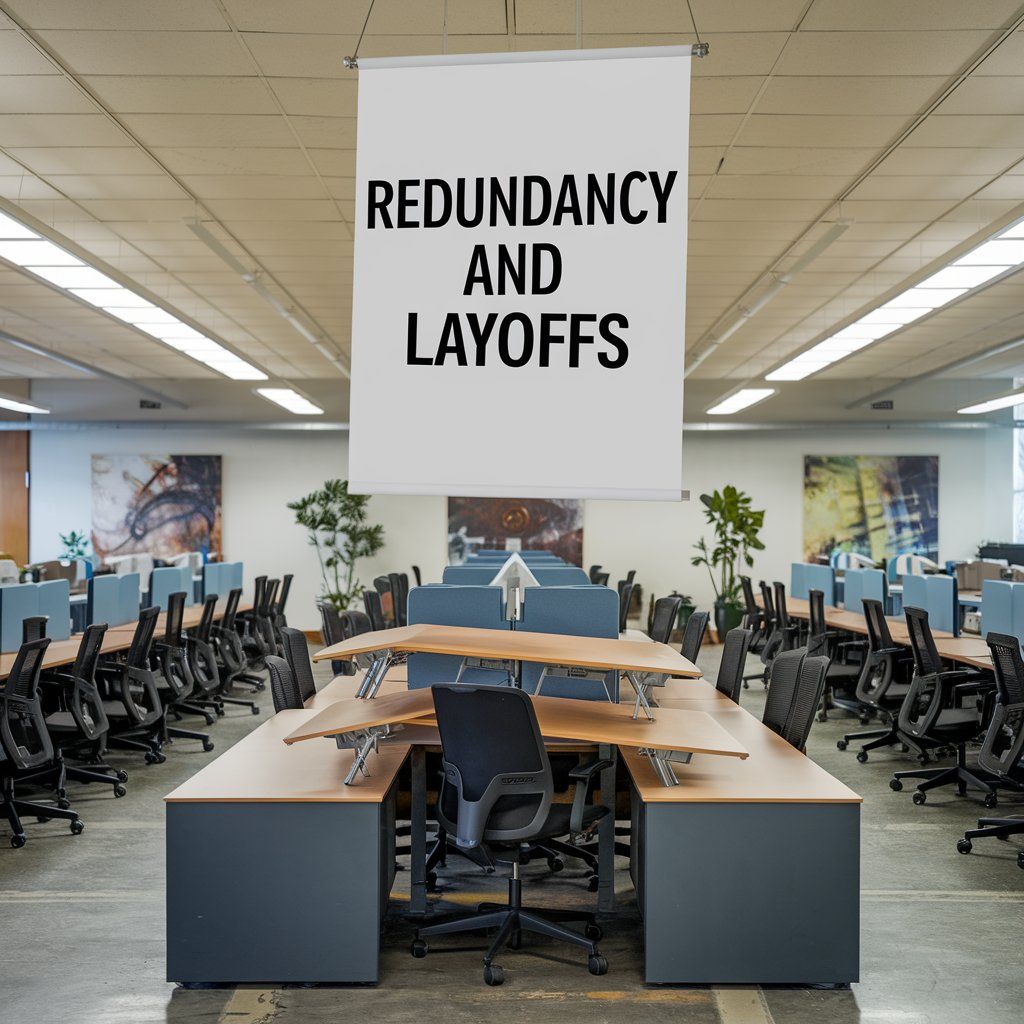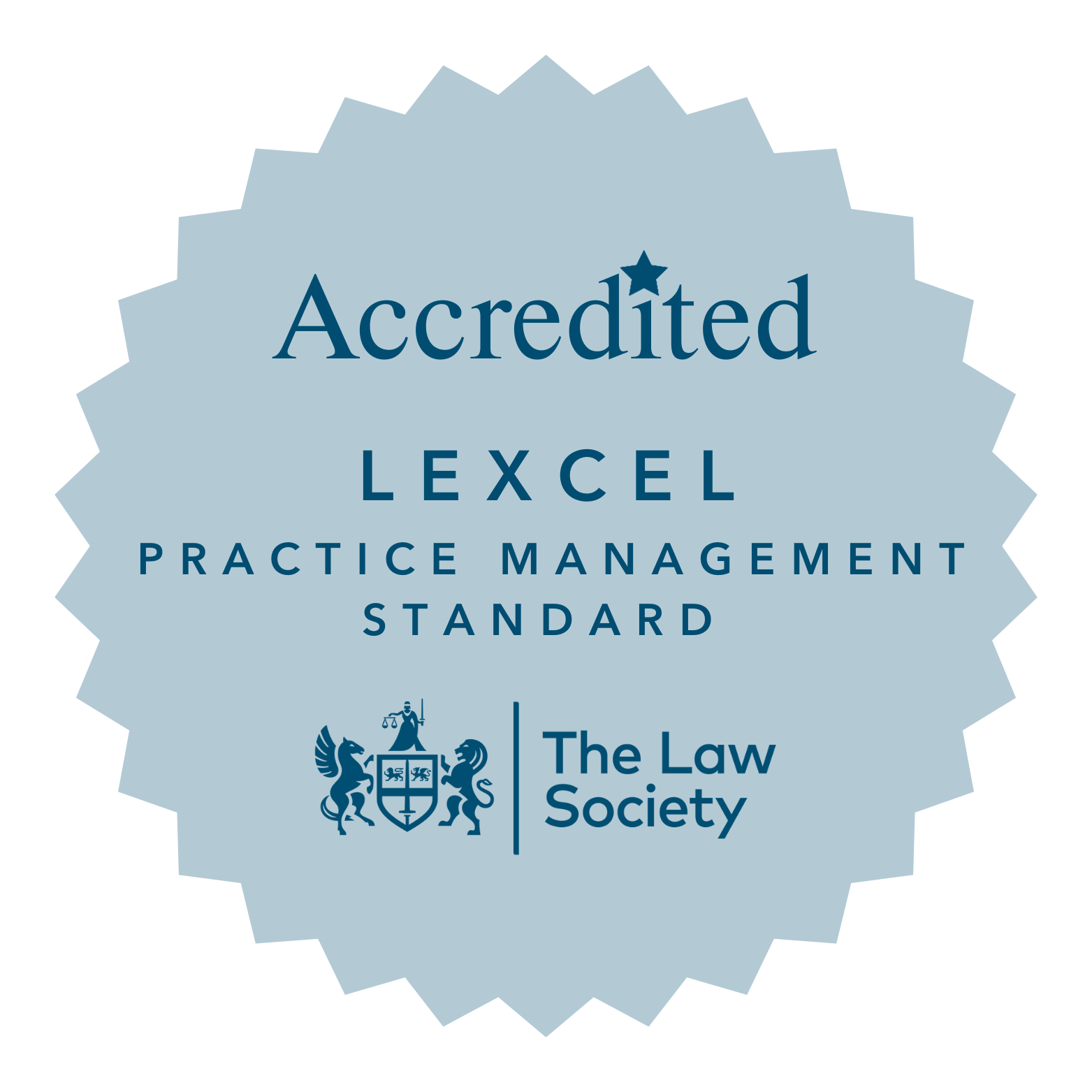What is Contentious Probate?
Making a Will with a professional is the best way to ensure your money, property and belongings are distributed as you wish following your death. People are able to leave their estate to whomsoever they choose, however, disputes can arise if the deceased did not leave a Will or in some cases where a valid Will exists.
What is Contentious Probate?
Contentious Probate is a dispute relating to the administration of a deceased estate. It can also be referred to as a Will Dispute as the majority of disputes come because of issues surrounding the validity of, or bequests made in a final Will made by the deceased.
Why would an estate or Will be disputed?
There are a number of reasons why a person may dispute a deceased estate or Will. It may emerge from feelings that the Will didn’t leave a person with what they believed they were promised or deserved, the person may believe they were entitled to a larger share than they were left or there may be concerns regarding the way in which the Will was made, for example with the capacity of the person making the Will.
Who can make a claim?
The main piece of legislation for contentious probate is the Inheritance Act 1975. This act sets out who can make a claim if they feel that have not been adequately provided for in a Will. These are people that may be eligible to make a claim:
· Any spouse or civil partner
· Any former spouse or civil partner (who has not re-married or entered into another civil partnership)
· Cohabitee – if they have been living with the deceased for 2 years prior to the date of death
· Any child or children including adopted, illegitimate and step-children
· Any person treated by the deceased as a child of the family prior to his death
· Any other person where the deceased was making a substantial contribution to their reasonable needs.
When can a claim be made?
A claim for reasonable provision must be made within 6 months of the issue of a Grant of Representation. If you wish to make a claim you must do so within this strict time frame as it is difficult to make a claim after the 6 month period.
No distribution of the estate should be made until after this time has elapsed. Should a Personal Representative distribute the estate before a claim has been dealt with, they may face personal responsibility for such distribution and may have to pay the Claimant’s claim and costs out of their own money.
What would be considered when making a claim?
The Court will take into consideration a number of things, including:
· The age of the Claimant
· The length of the relationship
· The contribution by the Claimant to the welfare of the family
· Whether the Claimant is responsible for minor children
· In the case of a spouse or civil partner, what would they have received if the relationship had been brought to an end by divorce or dissolution of the civil partnership
· The Claimant’s present and future financial needs and resources
· The present and future financial needs and resources of any beneficiary
· The deceased’s obligations and responsibility towards the Claimant or any beneficiary
· The size and nature of the deceased’s estate
· Any physical or mental disability of the Claimant or any beneficiary
· Any instructions or letter of wishes left by the deceased indicating his wishes or why he had excluded a beneficiary or reduced his inheritance
This is not an exhaustive list and a solicitor will be able to advise if they think you have a suitable claim.
How can we help?
Here at Pinkney Grunwells we can explain how to make or defend a claim, what you need to do and what choices you have. Dealing with contentious probate requires a sensitive approach as many involve disputes between family members following a loved one’s death. Our team are highly experienced in dealing with these situations and will guide you through the process every step of the way.
Contact Us




